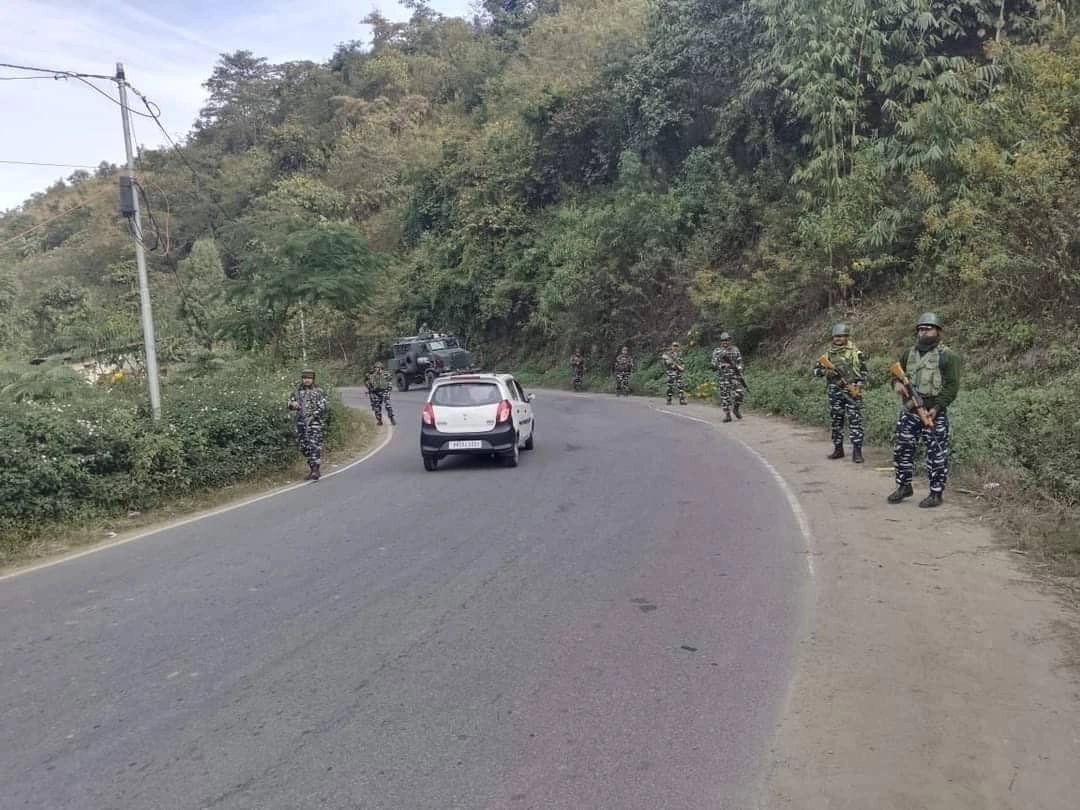In a recent development, law enforcement authorities in Delhi have apprehended several female aides associated with a local figure known as “Delhi Baba.” These women are accused of exerting undue pressure on students in various contexts, raising concerns about the methods employed by this organization. The arrests were made following investigations that revealed a troubling pattern of behavior aimed at manipulating young individuals, often for personal gain or influence. The police have reported that during interrogation, the arrested aides confessed to their involvement in these coercive tactics, shedding light on the inner workings of the group.
The implications of these arrests are significant, as they not only highlight the potential exploitation of vulnerable students but also call into question the broader environment in which such activities thrive. Educational institutions are meant to be safe havens for learning and growth, yet incidents like this expose the darker side of mentorship and guidance. The confession of the aides indicates a systematic approach to pressuring students, potentially involving emotional or psychological tactics that could have lasting effects on their well-being and academic performance.
Authorities are now investigating the extent of the organization’s influence and the possible network of individuals who may have been complicit in these activities. The case raises important discussions about the responsibilities of educators and mentors in fostering a supportive environment that prioritizes the welfare of students. As the investigation unfolds, there may be a broader examination of how such organizations operate under the guise of guidance, emphasizing the need for vigilance and accountability in educational settings. The police are committed to ensuring that such practices are thoroughly addressed, aiming to protect students from manipulation and exploitation in the future.




